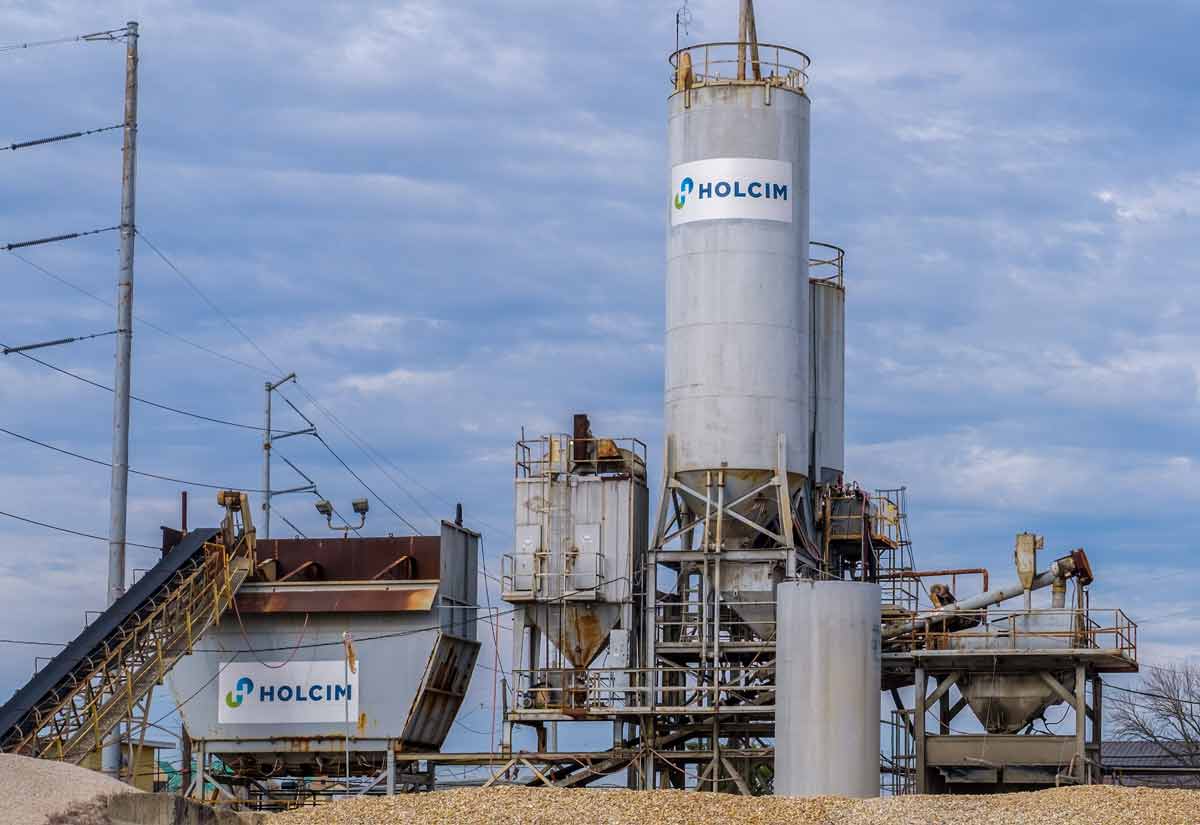DevOps: Prioritizing Uptime and Productivity
Adopting advanced backup strategies has become a game-changer in the fast-paced world of heavy industry, where uptime and productivity are paramount. What is the secret to unlocking this efficiency and resiliency? DevOps, the transformative approach, is shaking up the manufacturing sector.
Traditionally, heavy industry, and particularly manufacturing, has relied on reactive, outdated methods for code backups, a strategy that must catch up with modern industrial automation’s speed and scale. This disconnect can have severe consequences, leading to reduced system efficiency, compromised safety, unplanned downtime, and even potential safety hazards for workers.
But the industrial DevOps revolution is here to change the game. By implementing these cutting-edge methodologies, companies can achieve a whole host of benefits:
- Reduced Risks of Data Loss: Centralized control and visibility across industrial operations help minimize the risks associated with data loss and ensure critical intellectual property remains secure.
- Increased Efficiency: Automation, faster recovery times, and improved version control streamline operations, allowing teams to focus on value-adding activities and driving innovation.
- Cost Savings: By minimizing downtime and proactively addressing potential issues, companies can realize significant savings and protect their bottom line.
Integrating Industrial DevOps with Your Team
The key to success lies in a two-pronged approach. First, assemble a cross-functional team of stakeholders to identify pain points, review disaster recovery plans, and evaluate the feasibility of strategic changes. Then, dive into the details – establish robust governance measures, determine the optimal backup approaches, and carefully manage the impact on existing workflows.
Industrial DevOps For Attracting and Retaining Top Talent
At Resource Erectors, we continually evaluate companies from the Human Resources perspective. The benefits of embracing industrial DevOps go beyond just operational improvements. It can also be a powerful tool for attracting and retaining top talent. Skilled, younger professionals in the industry are increasingly drawn to companies that demonstrate a commitment to data security, technological innovation, and future-proof solutions.
By showcasing their forward-thinking approach to backup strategies, heavy industry players can position themselves as the employers of choice and secure their place at the forefront of the manufacturing revolution.
The time has come to bid farewell to the outdated, inefficient backup systems of the past. Embracing industrial DevOps principles is the key to unlocking a new era of efficiency, resiliency, and innovation in heavy industry. So, what are you waiting for? It’s time to future-proof your operations and attract the best and brightest minds in the game.
Industrial DevOps Integration For Executives
In the fast-paced, high-stakes world of heavy industry, the ability to adapt and innovate is paramount. That’s where Industrial DevOps comes into play. It’s a transformative approach poised to revolutionize how manufacturing and automation leaders think about their operations.
What exactly is Industrial DevOps, and why should busy executives take notice?

The Promise of Industrial DevOps:
At its core, Industrial DevOps promises to bring the agility and flexibility typically associated with modern IT programming to industrial automation environments. By leveraging powerful tools and practices like distributed version control, centralized code repositories, and automated testing, companies can unlock a new level of efficiency, resiliency, and innovation in their operations.
Breaking Down the Traditional Engineering Barriers
The challenge, however, is that traditional industrial engineers often need to become more familiar with the DevOps mindset and methods. Accustomed to the “check-in, check-out” paradigm of centralized version control, the idea of distributed, collaborative code management can seem daunting.
That’s where change management comes into play. To successfully implement Industrial DevOps, companies must couple new tools with strategic organizational shifts, helping to counter any pushback to these new ways of working.
Critical Steps for Executives: Success With the DevOps Initiative
As an executive, your support and leadership will be crucial to the success of any Industrial DevOps initiative. Here are some critical steps to consider:
1. Identify a Champion and Project Sponsor: Ensure you have a passionate, tech-savvy engineer who can serve as the face of the Industrial DevOps transformation. Their enthusiasm and influence will be vital to getting the broader organization on board.
2. Make a Clear Business Case: Demonstrate the tangible benefits of Industrial DevOps, such as decreased downtime, higher resiliency, and improved maintenance efficiency. Framing the initiative regarding bottom-line impact will help secure buy-in from the C-suite.
3. Invest in Training: Recognize that this shift will require your engineers to operate outside their comfort zone. Prioritize training programs that introduce the new tools and concepts and emphasize how Industrial DevOps will make their jobs easier and their output more effective.
4. Leverage External Expertise: Consider partnering with a specialized Industrial DevOps provider who can furnish the right technology and guide your organization through the necessary cultural and operational changes.
Heavy industry leaders can unlock a new era of agility, efficiency, and innovation by embracing Industrial DevOps. But success hinges on your ability as an executive to champion the transformation, communicate the benefits, and empower your teams to embrace these powerful new ways of working.
The future of heavy industry is here, and it’s time to seize the opportunity. Are you ready to take charge of your industrial operations?
Git Up and Go! Unlocking the Power of Git for Industrial DevOps
As heavy industry executives explore the transformative potential of Industrial DevOps, one name keeps coming up time and time again: Git. This free, open-source, distributed version control system has become the backbone of modern software development, and now it’s poised to revolutionize industrial automation as well.
For the uninitiated, Git is a powerful tool that allows multiple team members to collaborate on code, track changes, and seamlessly manage even the largest and most complex projects. Unlike traditional centralized version control systems, Git’s decentralized approach enables lightning-fast performance, convenient staging areas, and the ability to create and switch between branches with ease.

But why should busy industrial leaders care about Git? The answer lies in the very heart of Industrial DevOps we noted above: the promise of increased agility, efficiency, and innovation. By leveraging Git’s robust capabilities, heavy industry players can break free from the constraints of outdated “check-in, check-out” workflows and embrace a new era of collaborative, data-driven programming.
Imagine a world where engineers across disciplines can access a centralized repository of critical industrial code, collaborate in real-time, and roll back changes with the click of a button. Gone are the days of manually managing disparate files and versions.
Git’s distributed architecture ensures that everyone works from a single source of truth, reducing the risk of errors and downtime.

Of course, the transition to Git-powered Industrial DevOps isn’t without its challenges. Industrial engineers who are accustomed to traditional methods may need time and support to embrace these new working methods. That’s where strategic change management and executive leadership come into play.
By championing the adoption of Git and Industrial DevOps, heavy industry leaders can empower their teams, drive innovation, and position their organizations for long-term success. This transformation requires vision, commitment, and a willingness to challenge the status quo, but the payoffs are undeniable.
So, as you chart the course for your company’s Industrial DevOps journey, don’t overlook Git’s transformative power. This open-source wonder could be the key to unlocking a new era of efficiency, resiliency, and competitiveness in heavy industry.
Time to Call Resource Erectors
Ready to Take Your Heavy Industry Career to the Next Level?
With decades of expertise in heavy industry recruitment and an expansive North American network, Resource Erectors is your go-to partner for building a winning workforce. We’re not just about filling positions; we’re about connecting top talent with top companies, fostering a culture of growth, and maximizing your potential.
Here’s what sets us apart:
- High-Paying Opportunities: We’re dedicated to offering lucrative, often six-figure opportunities for experienced professionals.
- Fast Track Your Career: Even if you have only 1-5 years of experience, we can help you climb the ladder in civil construction, aggregates, mining, and more.
- Wide Range of Industries: We cater to professionals across a wide spectrum of heavy industry sectors. Whether you’re in plant management, project management, process engineering, or heavy construction, we’ve got you covered.
Ready to Join the Resource Erectors Team?
- Explore Our Job Board: Click here to browse our current job openings.
- Find the Perfect Candidate: Learn more about our expert client recruiting services.
- Get in Touch with Us: Contact us today to discuss your human resource needs.











